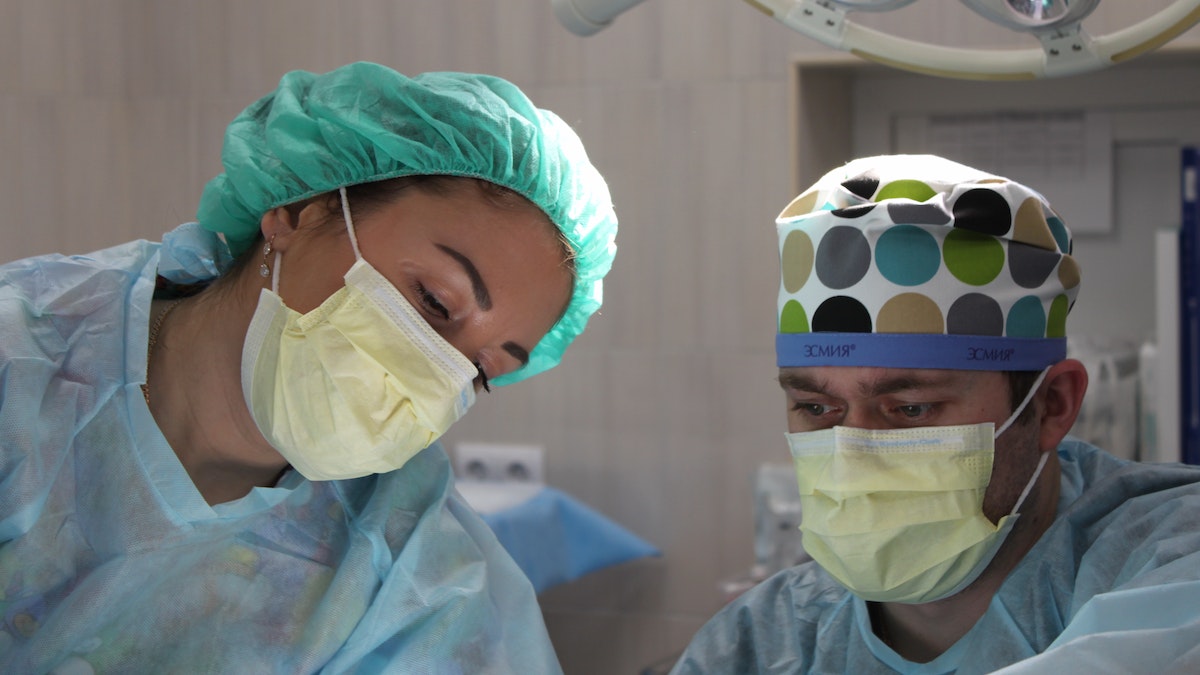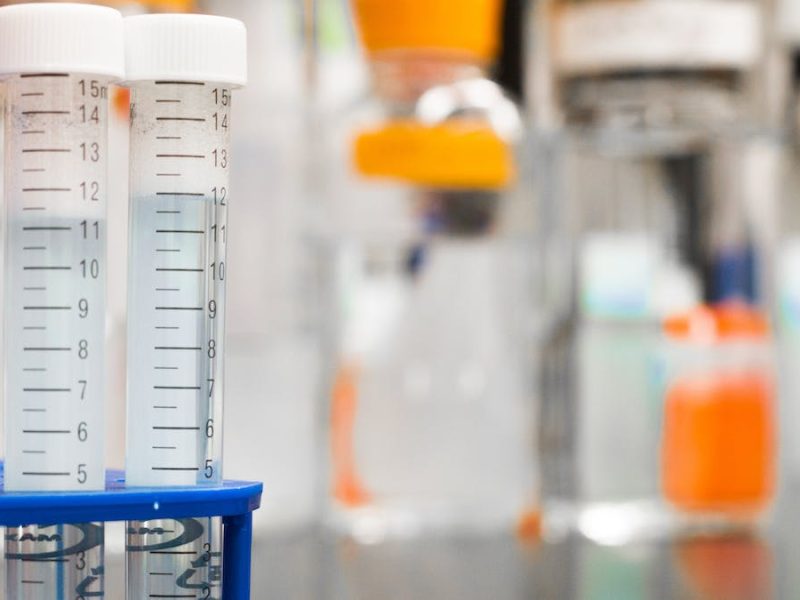In today’s world, a health crisis looms at large. Since the COVID-19 pandemic, the healthcare industry has changed in all aspects. While doctors and nurses have always been the frontline heroes against all health emergencies, some medical professionals, like epidemiologists, work behind the scenes, devising ways of preventing these disease outbreaks in the first place.
Epidemiologists play a vital role in safeguarding public health by studying disease patterns, effects, and causes within populations. They look at the trends of diseases in depth and have extensive research work done, primarily focusing on prevention.
Professionals in this field participate in forming public health policies and collaborate with multidisciplinary teams to improve health outcomes on a global level, alongside conducting research. The diversity of this specialization has led to the growth of the job market in this field.
Based on your state and local area, the job market may vary slightly, but the job outlook for epidemiologists on a national level is positive. If you are considering becoming an epidemiologist or you are one already, here are seven career options available that you may think about.
Table of Contents
1. INFECTION CONTROL EPIDEMIOLOGIST
Infection control is a specialized area of epidemiology that primarily focuses on reducing the risk of disease within a population. These epidemiologists recognize the risk factors within the populations and ensure awareness among people.
As an infection control expert, you may actively work in collaboration with organizations to educate the locals about risks and ways to reduce their risks.
Most recognized organizations demand a masters in epidemiology online degree to work in the field. Other duties of an infection control epidemiologist include;
- Reinforce hygiene use among healthcare workers.
- Develop new policies on hospital safety for employees and patients.
- Report and monitor infection data.
2. APPLIED EPIDEMIOLOGIST
Applied epidemiology involves traditional analytical work. Epidemiologists track diseases and their course within a population in this specialized field. They determine the indicators of certain diseases and their probability within the population.
Combining data obtained through additional research and statistics is vital to applied epidemiology. In this position, epidemiologists work closely with healthcare providers, public health agencies, non-profit organizations, and other stakeholders to develop different approaches and plan interventions to minimize the spread of disease and improve community health.
If you are good with figures and research is one of your strong pursuits, you should consider applying for this position.
3. PHARMACEUTICAL EPIDEMIOLOGIST

The field of epidemiology goes beyond data analysis and research work. Their services are not just limited to determining disease risk and prevention but expand to treating diseases as well.
Often, epidemiologists specialize in pharmaceutical research and development and collaborate with pharmaceutical organizations to study how a drug affects the population over time.
Moreover, pharmacological epidemiologists provide data necessary for drug development and alterations in the biochemical formula of medicines depending on health outcomes.
They typically work in research labs, interacting with tissue samples and drug profiles. Researchers structure critical reports on drug safety and efficacy used by health regulatory agencies and healthcare providers.
4. BIOSTATISTICIAN
A biostatistician is an epidemiologist who specializes in working with numbers obtained from research, data analysis, and special software to give the final results and correlate them with disease probability and preventive factors within a population.
It may sound like an easy job to put numbers together; however, it is challenging when there are big numbers involved in representing an entire community or a country.
Biostatisticians often collaborate with other healthcare professionals, who determine the data collection type and mention the risk factors for the disease under study. The job market in the field of biostatistics is favorable. However, you will need a master’s degree in public health or epidemiology to pursue this career.
5. MOLECULAR EPIDEMIOLOGIST
A relatively new field of study, molecular epidemiology studies medicine on a cellular level. It primarily focuses on genetic factors associated with disease occurrence and prevention. Molecular epidemiologists study the complex interplay between cells, genes, and proteins that make up the human body and find the root cause of diseases and strategies to limit genetic transmission.
Research in this field seeks answers to questions such as ‘Does genetic makeup play a role in obesity?’ or ‘Do genes increase an individual’s susceptibility to diabetes and cardiovascular diseases?’ Identifying high-risk individuals and improving their health outcomes is a fundamental goal of this field.
Molecular epidemiologists often work in biotech companies, government organizations, and pharmaceuticals.
6. PUBLIC HEALTH DIRECTOR
The public health director leads agencies for local, national, and often federal health services to educate the public about prevailing healthcare issues. They continually research and analyze data to form new healthcare policies, vaccinations, and medications.
Typical duties of a public health director include:
- Formulating preventive strategies against infectious outbreaks
- Beneficial healthcare policies for private and public healthcare sectors.
- Collaboration with private and non-profit organizations to spread awareness amongst the public.
- Being a spokesperson for public health issues and supervising community health clinics.
Consider taking this career path if you are confident in your leadership skills.
7. FIELD EPIDEMIOLOGIST
Often people work better under stressed conditions or like to work in an interactive environment in the field. If you see yourself working better under any one of these situations, field epidemiology may be a good option for you to consider.
Field epidemiologists intervene during acute public health crises and work on the ground level in communities. Public health specialists must travel to the site, observe situations, and develop a time-sensitive response and solution.
What sets this field of epidemiology apart from the rest is that it doesn’t give you time to form hypotheses but acts on existing information and provides an urgent solution to reduce potential loss of life.
The job outlook for epidemiology is higher than the rest of the careers in epidemiology due to increasing demand and a limited number of people willing to work in a fast-paced environment.
CONCLUSION
Today, epidemiologists are making a significant impact in the healthcare industry by understanding diseases and developing strategies to contain them.
Though not directly involved in patient interaction and treatment, epidemiologists play a vital role in laying the foundation of preventive medicine and the latest treatment options.
It is evident from the above discussion that this field offers a wide range of career options. From applied epidemiologists working on the front line to biostatisticians working in a laboratory, they all drive innovation and discoveries.
Prospects for epidemiologists are expected to look better because of the higher risks of outbreaks and increasing demand for disease surveillance. Irrespective of the career path you consider as an epidemiologist, you are bound to make a positive difference in public health.

Alex is fascinated with “understanding” people. It’s actually what drives everything he does. He believes in a thoughtful exploration of how you shape your thoughts, experience of the world.



